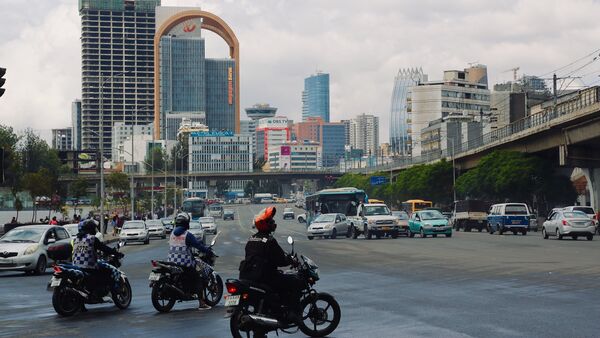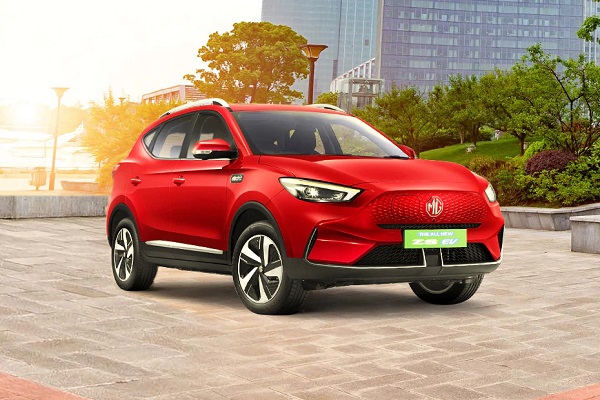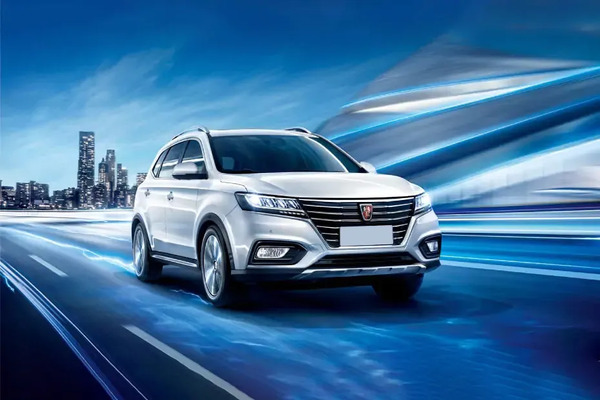Ethiopia becomes first country in the world to ban petrol & diesel car imports


Ethiopia has become the first country in the world to ban the import of petrol and diesel cars. The Ethiopian Ministry of Transport and Logistics announced earlier this week that it will not allow vehicles to enter the country unless they are electric vehicles. The East African nation has been under financial turmoil and the decision has been made to limit foreign exchange resources.
Alemu Sime, Minister of Transport and Logistics, announced Ethiopia’s Logistics Master Plan that will involve implementing “Green Transport" solutions in the country. The minister was presenting to the Urban Development and Transport Standing Committee in the Ethiopian Parliament.
Also check these Cars
Sime said, “A decision has been made that automobiles cannot enter Ethiopia unless they are electric ones."
Also Read : Paris to become Europe's first city to ban electric scooters
While the new policy limits the import of internal combustion engine (ICE) vehicles in Ethiopia, it does not completely resolve the problem for its people. Electric cars globally continue to be expensive and EVs still remain financially inaccessible for a significant number of Ethiopian citizens. The percentage of the population that can afford a vehicle in Ethiopia remains negligible.
Sime further added that the government was making efforts to set up charging stations for electric cars. It’s not clear at the moment if the ban remains permanent or temporary and whether the vehicles already in transit will be affected by the new policy.
At present, major automakers including Hyundai, Isuzu, Volkswagen, Lada and more have local assembly plants in Ethiopia and produce ICE and electric vehicles for the market. The move should also reduce the country’s crude oil imports, which stood at $6 billion (around ₹49,800 crore) in 2023. The move is also likely to affect automakers in India, which export cars to the African nation.
Nevertheless, Ethiopia has been pushing for more EV adoption in recent years. The government implemented a 10-year plan to support the import of at least 4,800 electric buses and 1.48 lakh electric cars in 2022. It also gets slashed VAT, surtax and excise tax of EVs.
“Electricity is produced in Ethiopia and again, the price of electricity is cheaper compared to fuel," added Sime. “Ethiopia is a supporter of green development, and it is a country that is working hard for that."
Ethiopia is a major investor in energy infrastructure and is also home to Africa’s largest hydroelectric power plant which will be inaugurated soon. The Grand Ethiopian Renaissance Dam (GERD) will be able to generate 6,000 megawatts once fully operational and is expected to initially produce about 3,000 megawatts.
The Ethiopian government has also not clarified if the import ban will extend to the sale and purchase of second-hand cars, which is likely to boom in the wake of the restrictions. There’s no timeline yet for when the ban will come into effect.








 64.8 kWh
64.8 kWh 418 Km
418 Km



 1497 cc
1497 cc Multiple
Multiple















